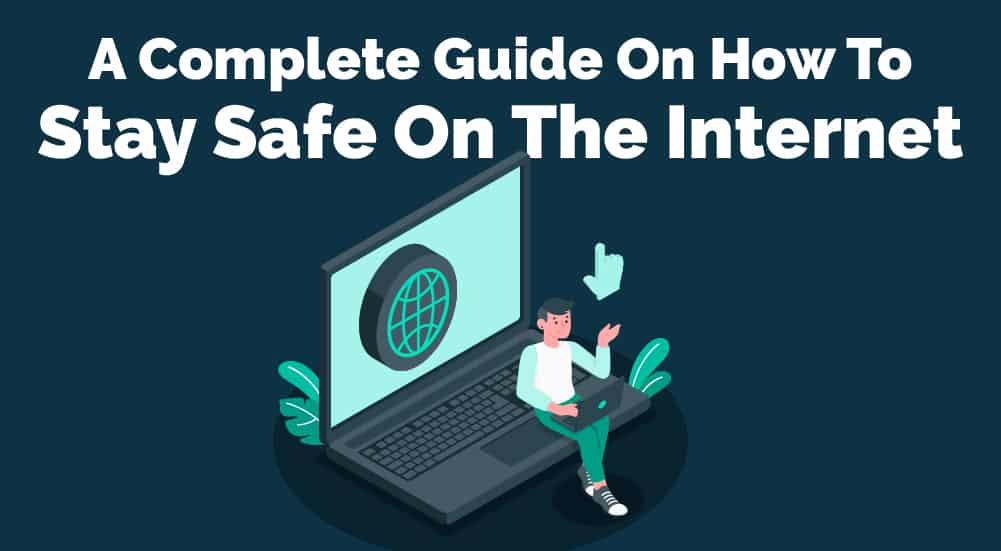Last Updated on

You can trust PC Guide: Our team of experts use a combination of independent consumer research, in-depth testing where appropriate – which will be flagged as such, and market analysis when recommending products, software and services. Find out how we test here.
Last Updated on
Andrew is one of three co-founders of BGFG, the parent company of PC Guide. A keen gamer and PC enthusiast, Andrew dabbles in a bit of writing sometimes - when he gets the chance to!
